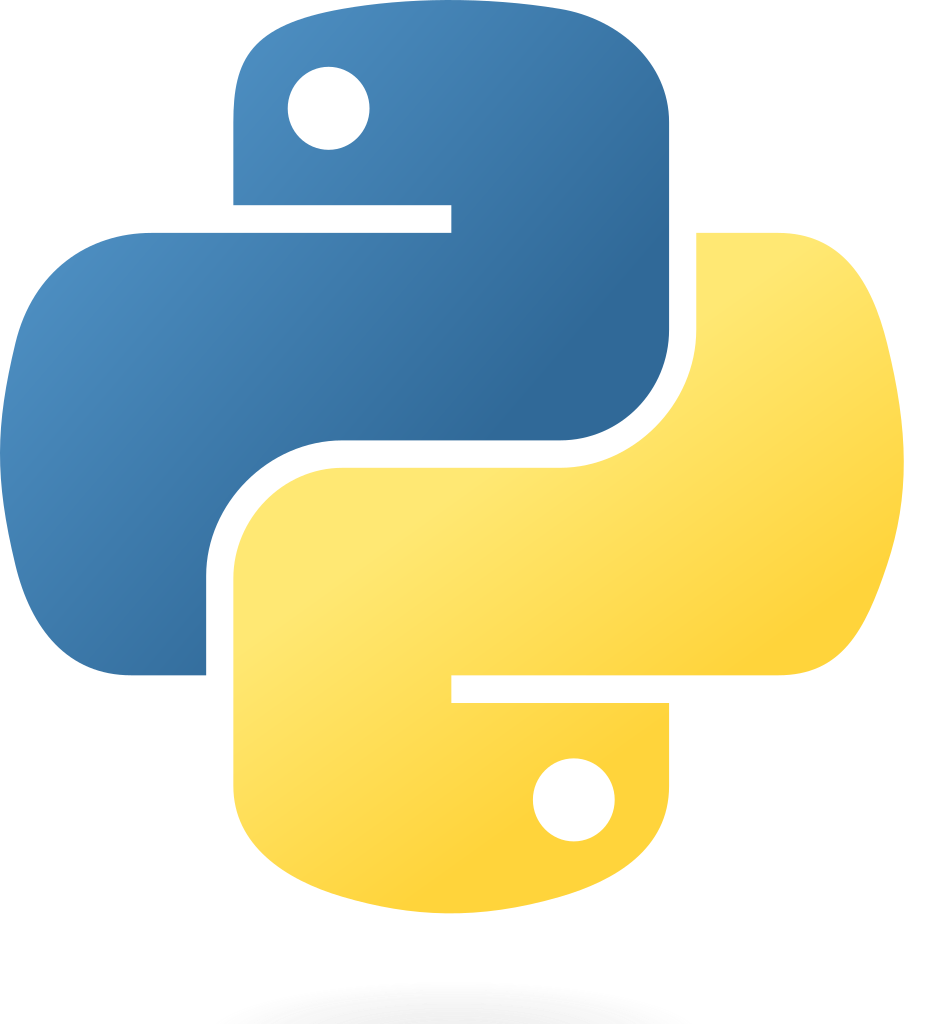I learned a little bit of python back in college with the hope that it would give me a competitive edge in the field I hoped to enter. Lo and behold, I got a job in a different industry entirely and any knowledge of coding I once had became irrelevant.
Would it be worth it to pick up my python textbook again and self-teach in my free time if I don’t want to make a career of coding? What exactly can python be used to create?
If your computer can theoretically do something, you can probably make that happen using Python. Most people don’t use Python to make their own software, though. Rather, they use it to automate tasks by gluing together software made by other people.
If automating stuff sounds useful or appealing to you, then yeah, learn you a Python. If that sounds like a waste of time… well, why learn something you won’t use? There’s certainly a joy to be had to the learning itself and there’s plenty to be said about how it may broaden your own thinking, but these are intrinsic rewards you can only discover for yourself.
I would argue it’s worth having at least a passing knowledge of how Python works. It is a very simple yet powerful language that is used for a lot of applications.
Personally, I’ve utilized it at work to process data for reports that I would otherwise be doing in spreadsheets by hand. If you learn how to import .csv files, manipulate rows of data, and export back to a new .csv file then you will probably eventually find a use in any office you end up working at.
As a hobby, if you have any interest in AI art or AI large language model projects then knowing some basic python will be a huge help. Most of the open-source projects and their extensions use Python, and there are many times I’ve tried to use a GitHub tool but gotten an error. Knowing Python, I am able to track down and fix small issues about 80% of the time, which feels pretty cool.
Finally, even if you don’t get much/any use out of Python, it’s probably worth learning just so you understand how scripts, imported libraries, and basic programming logic works. Just having that baseline understanding will make you look like a rockstar when dealing with a companies proprietary software in many office settings.



